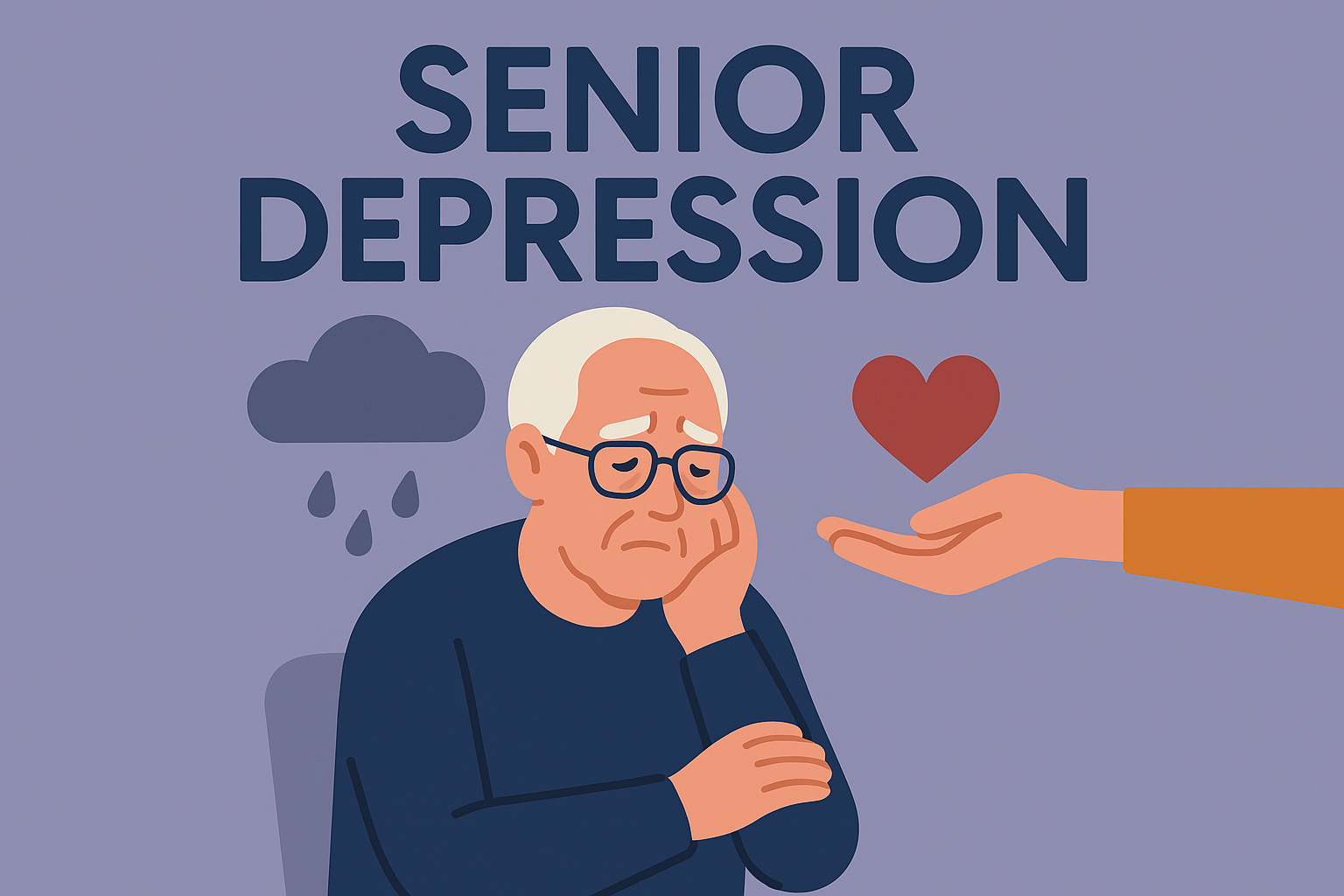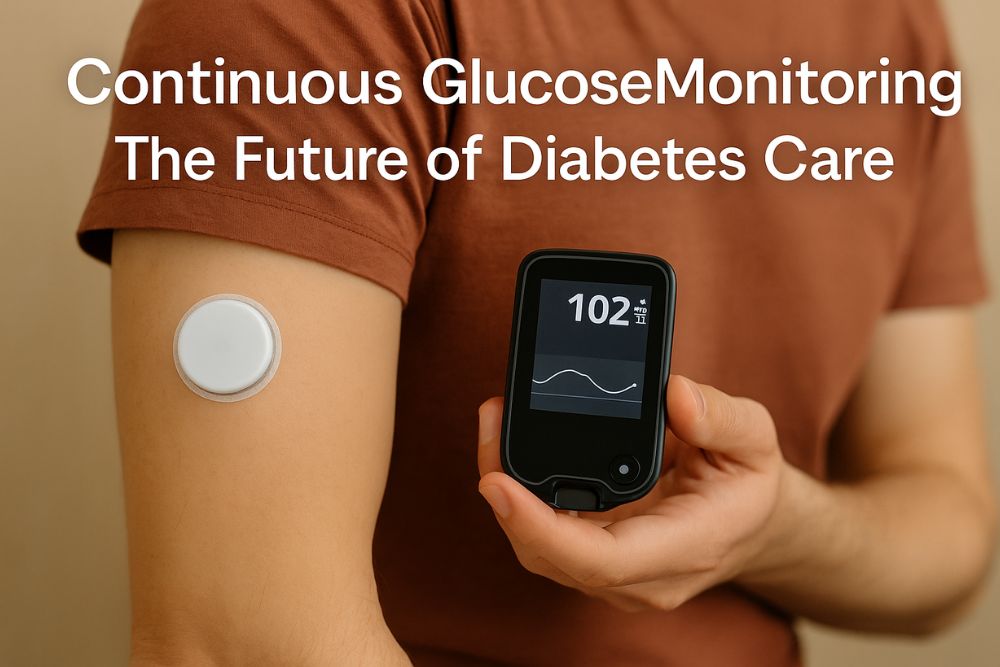Helping Seniors Navigate Depression: What You Can Do
Harper Reed
2025-10-17
6 min read

As people get older, life can throw some unexpected challenges their way—challenges that often impact mental health. Depression in seniors is more common than many realize, and unfortunately, it’s sometimes brushed off as just “a part of aging.” But here’s the truth: it’s not. Spotting the signs early can make all the difference.
So, let’s talk about how to recognize depression, what treatments are available, and how small changes—both in lifestyle and family support—can lead to brighter days.
How to Spot Depression in Seniors
Depression doesn’t always look the same in seniors as it does in younger people. It can show up as:
- Persistent sadness: Feeling hopeless or empty for weeks at a time.
- Loss of interest: Things they used to love? They might not care about anymore.
- Appetite changes: Eating way less (or more) than usual.
- Sleep struggles: Trouble falling asleep, staying asleep, or even oversleeping.
- Low energy: Constant tiredness, no matter how much they rest.
- Trouble focusing: Forgetfulness or difficulty making decisions.
- Feelings of worthlessness: Expressing guilt or self-blame.
Catching these signs early matters. Without help, depression can lead to worse physical health and lower quality of life.
What Triggers Depression in Seniors?
Sometimes, it’s about what’s going on in their lives. Common triggers include:
- Health issues: Chronic pain or illnesses like diabetes can take a toll.
- Loneliness: Losing a spouse or close friends can lead to isolation.
- Reduced mobility: Struggling to stay active can feel discouraging.
- Life changes: Adjusting to retirement or moving to a new home isn’t always easy.
Understanding these triggers can help you create a more supportive environment.
Treatment Options
There’s no one-size-fits-all solution, but there are plenty of ways to help seniors manage depression:
- Therapy: Talking to a therapist—whether one-on-one or in a group—can help seniors process their feelings. Techniques like CBT are especially effective.
- Medication: Antidepressants can be helpful, but a doctor needs to monitor them carefully, especially if other medications are involved.
- Exercise: Even a daily walk can boost mood by releasing feel-good chemicals in the brain.
- Healthy eating: Think colorful plates full of fruits, veggies, and lean proteins. Brain food matters!
- Social connection: Joining clubs, volunteering, or just meeting up with friends can work wonders.
Small Lifestyle Changes, Big Impact
Sometimes, the little things can make the biggest difference. Here are a few ideas:
- Stay active: A short stroll or some gentle stretching can help clear the mind.
- Eat well: Balanced meals keep both body and brain in check.
- Prioritize sleep: Going to bed and waking up at the same time each day works wonders.
- Practice mindfulness: Meditation or journaling can ease stress and anxiety.
- Stay connected: Regular calls or visits with loved ones make life feel less lonely.
How Families Can Help
Your support is everything. Here’s how you can make a difference:
- Educate yourself: Learn about depression so you know what to watch for.
- Plan activities: Outings, family meals, or just a coffee chat can brighten their day.
- Listen: Sometimes, all they need is for you to really hear them.
- Find resources: Help them connect with therapists, support groups, or local programs.
- Encourage healthy habits: Gentle reminders to eat well or take a short walk can go a long way.
Looking Ahead
Depression doesn’t have to define a senior’s later years. By recognizing the signs, exploring treatment options, and supporting healthy habits, you can help your loved ones find joy and purpose again.
If you’re worried about someone, reach out to a healthcare provider. With the right support, seniors can live meaningful, connected, and happy lives.



